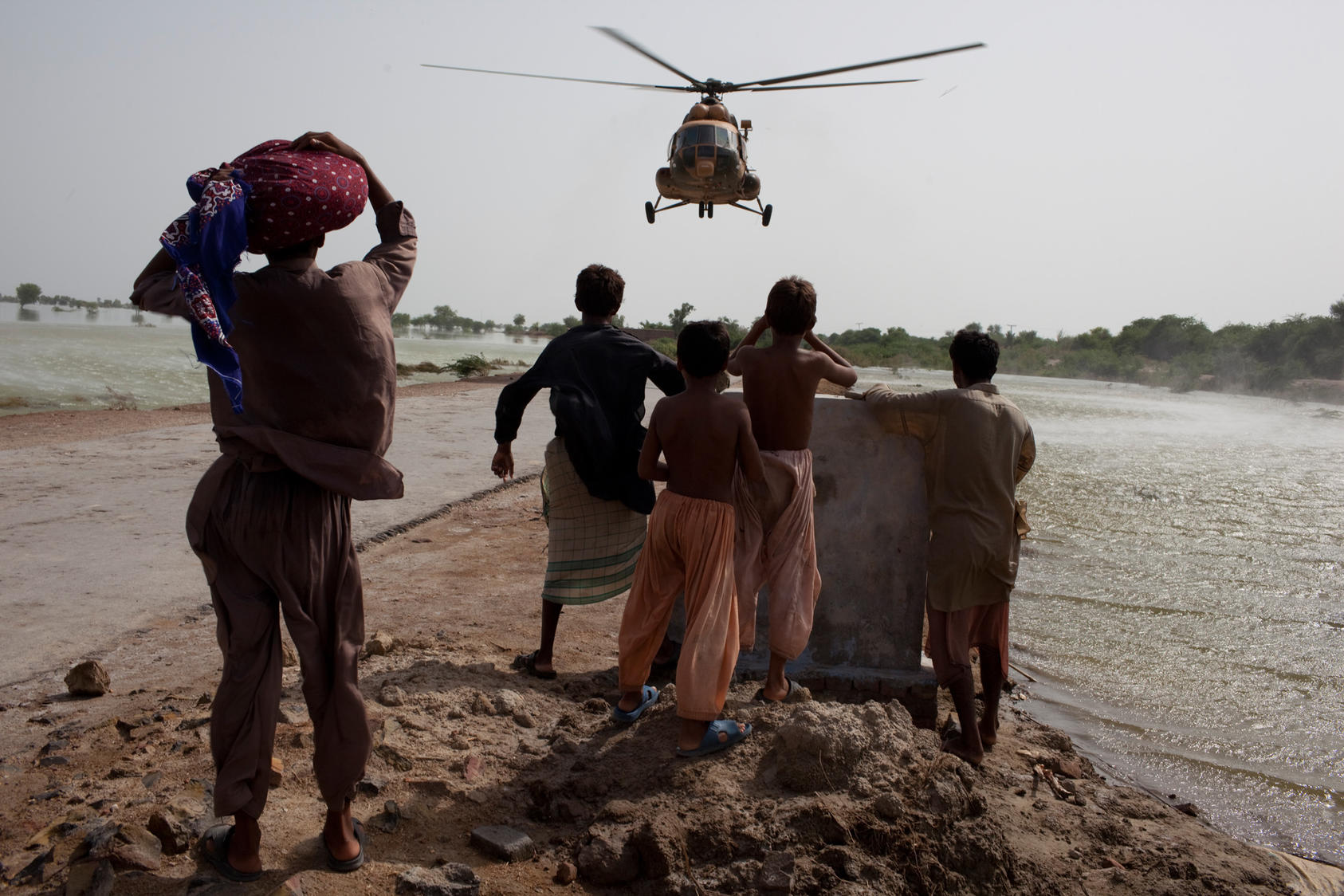A Debate on Pakistan: What Future Role for America?
U.S. Assistance and the Countries’ Relationship Under a New U.S. Administration
Since 2002, the United States has given Pakistan roughly $2 billion annually in military and development aid. That assistance has led neither to a positive U.S. image in Pakistan, nor to Pakistani actions in Afghanistan in line with U.S. demands. Pakistan says America has failed to appreciate that it has played a crucial counterterrorism role. American policy advocates increasingly pose questions about the future of the partnership and of U.S. assistance. This issue has high stakes for peace and security in South Asia and beyond but it has been largely absent from the U.S. presidential campaign. On November 16, USIP gathered eminent scholars to debate the future of U.S. assistance to Pakistan—and of the bilateral relationship overall —under the next U.S. administration.

The United States’ assistance has helped Pakistan address critical domestic challenges, notably in energy, infrastructure, and counter-terrorism. Still some scholars argue this aid has been counterproductive. U.S. legislators effectively blocked a loan to help Pakistan buy F-16 fighter jets this year, saying Pakistani authorities are not doing enough to curtail Afghan insurgents from using Pakistan as a safe haven.
As relations have deteriorated, some scholars increasingly have raised questions on the utility and viability of assistance to Pakistan. The November 16 USIP debate examined that question, as well as challenges for the next U.S. president in addressing the countries’ relationship, and Pakistan’s future as a U.S. partner. Speakers included longtime South Asia scholar and policy analyst Lisa Curtis; former Pakistani ambassador to the United States Husain Haqqani; former Pakistan central bank governor Ishrat Husain; and Ambassador Robin Raphel, who served as the United States’ first assistant secretary of state for South and Central Asia and U.S. Coordinator for Non-Military Assistance to Pakistan.
Speakers
Lisa Curtis
Senior Research Fellow, Heritage Foundation
Husain Haqqani
Senior Fellow and Director for South and Central Asia, Hudson Institute
Ishrat Husain
Public Policy Fellow, Woodrow Wilson International Center for Scholars
Robin Raphel
Former Assistant Secretary of State
Moeed Yusuf, Moderator
Associate Vice President, Asia Center, U.S. Institute of Peace



